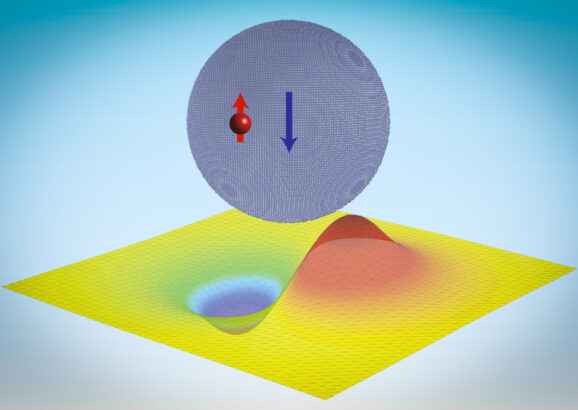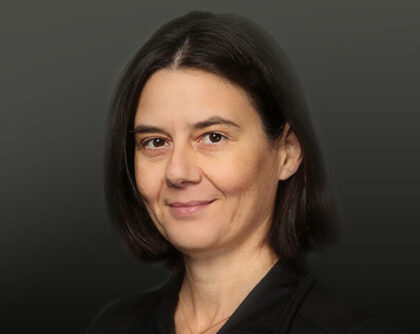Paola Cappellaro PhD '06
Professor of Physics
Research Interests
The goals of Cappellaro’s research are to design and control quantum devices for quantum simulations, computation, and quantum sensing. She combines theoretical insight into the dynamics of spin qubit systems and expertise in their experimental control to tackle outstanding challenges in developing robust and scalable quantum devices. With collaborators, she pioneered quantum magnetic sensing using electronic spin defects in diamond.
Biographical Sketch
Paola Cappellaro received undergraduate and master degrees from Italy (Politecnico di Milano) and France (Ecole Centrale Paris), and her Ph.D in 2006 from MIT. She then joined Harvard University as a postdoctoral associate in the Institute for Theoretical Atomic, Molecular and Optical Physics (ITAMP), before going back to MIT as a faculty in 2009.

MIT researchers discover “neutronic molecules”
Study shows neutrons can bind to nanoscale atomic clusters known as quantum dots. Finding may provide insights into material properties and quantum effects
Awards & Honors
- 2023 // American Physical Society Fellow
- 2020 // Committed to Caring Award
- 2014 // Merkator Fellowship
- 2013 // Esther and Harold E. Edgerton Career Development Professorship
- 2012 // Air Force Office of Scientific Research (AFOSR) Young Investigator Award
- 2010 // PAI Outstanding Teacher Award, MIT student chapter of the American Nuclear Society
- 2005 // Graduate Teaching Award, MIT School of Engineering
- 2004 // Manson Benedict Fellowship, MIT Department of Nuclear Science and Engineering
Key Publications
-
Degen, C., Reinhard, F., & Cappellaro, P. (2017). Quantum sensing. Rev. Mod. Phys., 89, 035002.
-
Taylor, J., Cappellaro, P., Childress, L., Jiang, L., Budker, D., Hemmer, P., Yacoby, A., Walsworth, R., & Lukin, M. (2008). High-sensitivity diamond magnetometer with nanoscale resolution. Nat Phys., 4(10), 810–816.
-
Wei, K., Ramanathan, C., & Cappellaro, P. (2018). Exploring Localization in Nuclear Spin Chains. Phys. Rev. Lett., 120, 070501.
-
More publications at qeg.mit.edu/publications.php
